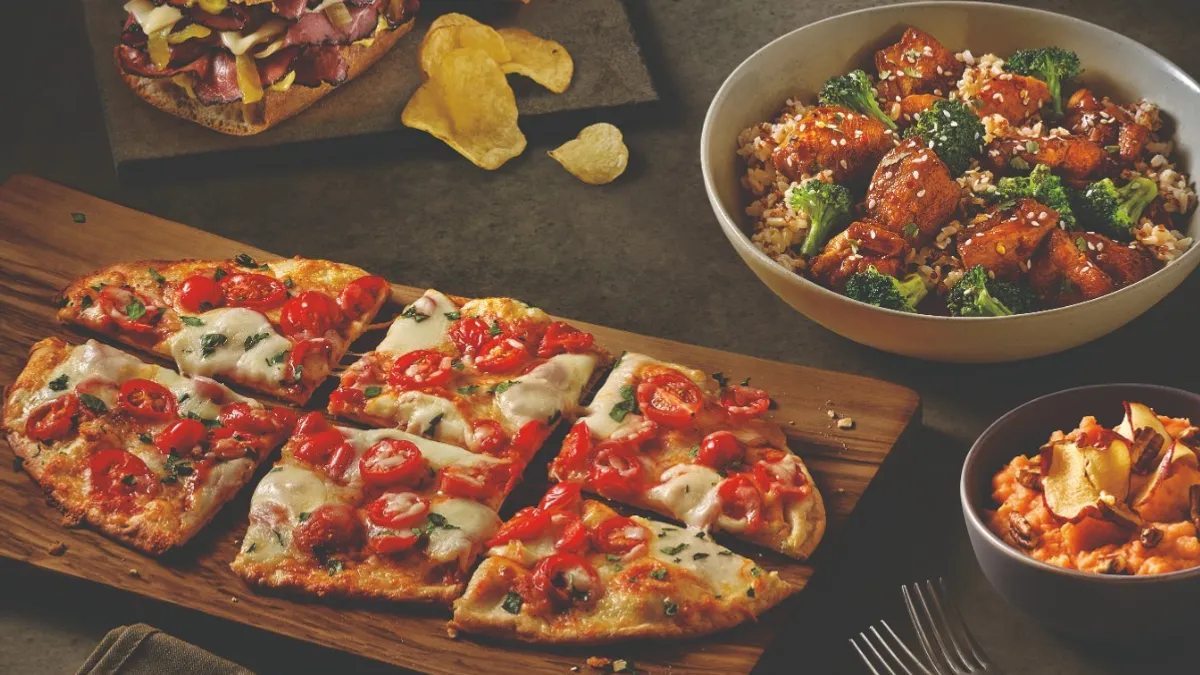Dive Brief:
- The online summer camp Dinner Club, taught by chef Pascal Simon, is challenging young students to learn how to cook while being in a virtual environment, NPR reports. Simon previously ran the program in person, mostly focused on baked goods, but shifted after the pandemic hit to virtual classes and the more practical task of preparing dinner for the family.
- Students are charged with all aspects of making dinner, from shopping for ingredients to food prep, cooking and even doing dishes. They cook every night for a week, with recipes changing daily.
- The students respond to the rigor of cooking a full meal every night, even if they’re tired, Simon said, because it’s a chance to push themselves and discover what they’re capable of doing.
Dive Insight:
Simon's shifting of her summer learning course from a focus on cupcakes and baked goods to full dinner prep demonstrates that virtual approaches to learning can be ambitious.
After schools closed due to coronavirus in the spring and forced a rapid immersion into online learning, many scaled back classroom expectations to ease students and teachers alike into a new model. However, as NPR notes in its reporting, challenging students may be one of the best ways to engage them and potentially improve the educational takeaways from classroom lessons.
Hands-on activities such as cooking, for example, can be clearly transitioned to an at-home, remote-learning environment. And while these options may look daunting, with some planning they can be set up for the coming school year.
Acera, a K-9 private school in Winchester, Massachusetts, has a few resources on its website highlighting hands-on online learning projects that aren’t typical for a digital learning space. One includes showing students how to build a pulley system or how to reassemble a computer keyboard.
Virtual theater performances aren’t off the table, either. The cast of the “Hamilton” Broadway show pulled off an online performance in April 2020. Meanwhile, the Educational Theater Association is encouraging high school drama programs to look into technology like virtual green screens that could place all students in the same place — or software to create other special effects — for the coming school year.
There are steps to help make online learning as successful as possible. A June policy brief from Unicef, for example, suggests educators create understandable learning goals. It also recommends "articulating clear, relevant and realistic continuity of learning objectives, even if they are simplified and scaled back,” to help achieve goals.
Finally, to avoid losing students who may be falling behind in a remote learning space, Unicef suggests teachers set aside time for continuous monitoring of their work. That could be done through mobile phone surveys or tracking learning platform usage, the organization writes. Doing so may help educators discover and address learning issues as they arise.












